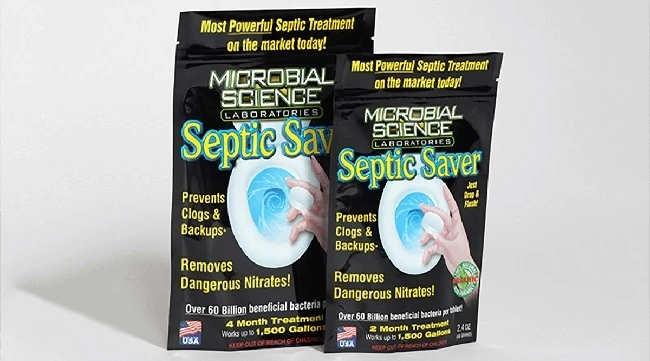When was the last time you cleaned out your septic tank? Can’t remember? Well, you’re not alone. Many people ignore septic tanks despite their significance to the plumbing system. Neglected tanks eventually lead to clogging or bacteria formation, which is costly to repair and hazardous to your health.
Nonetheless, if you are cleaning your septic tank for the first time in years or conducting regular maintenance, here are things you should know.
Reasons to Clean Your Septic
A good septic tank cleaner will eliminate harmful bacteria caused by clogging due to scum and sludge accumulation.In the long term, cleaning your septic tank will save you money because you won't need to repair or replace the tank. Usually, neglected septic tanks will affect the entire plumbing system, resulting in a systemic collapse. Generally, waste from your toilet, bathroom, kitchen sink, and other water disposal areas flows through the septic tank. If you don't clean the tank, you will start to notice a foul smell in areas of your home. In fact, the septic tank can start to leak, which is not sanitary.If you own property, you know that any little thing, including a compromised septic tank, can affect its value. Therefore, you should improve or maintain your property value by regularly cleaning the septic tank.How Often Should You Clean Your Septic Tank
You should clean your septic tank at least once every three to four years. However, the number of time largely depends on a few factors, including household size, the size of the tank, and total waste amount. You can always contact a professional septic cleaner who will analyse the tank’s usage and estimate a sensible cleaning time frame.
Do You Need a Professional for Septic Tank Cleaning?
Technically, any adult can clean a septic tank. However, that is not the safest approach, especially if you are not skilled in septic tank cleaning. Hiring a professional who understands the iinner workings of a septic tank is beneficial and more effective. In fact, if you handle the cleaning incorrectly, you may destroy the system or dispose of waste in the wrong area.
What Are the Dos and Don’ts in Septic Tank Cleaning?
Dos
Do involve a professional when cleaning your tank. They will handle the job professionally, recommend septic cleaners for maintenance, and create a cleaning schedule.Do learn the maintenance process. Maintaining your septic tank reduces scum accumulation and improves its performance. For example, you can use a septic saver to clean your tank and convert harmful chemicals. For example, the septic saver from Microbial Science Labs converts harmful nitrates to safe nitrogen gas that doesn't affect the environment.Do identify the location of your septic tank and its drain field for easier monitoring and record keeping. You should also note all inspections, repairs, and pumpings for future use.Don’ts
Don’t dump non-biodegradable materials like diapers and plastic in areas that flow into the septic tank. These will clog the tank and cost you money.Don’t clean out the tank if you don’t have the know-how or expertise.Don’t use harsh septic cleaners that impact the environment.There you have it. Everything you should know when it comes to septic cleaning and maintenance. However, if your septic is fairly new, contact Microbial Science Laboratories for the best chemical-free septic savers as you await your first pumping session.
0


